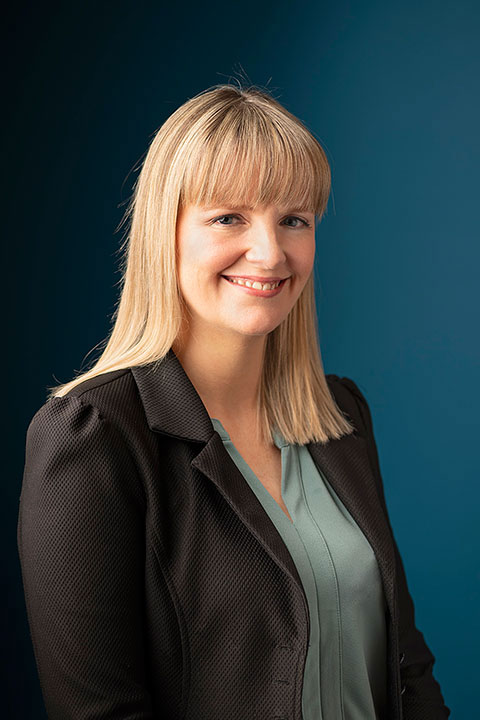
Father’s Day is a celebration of fatherhood, paternal bonds and the influence of fathers in our lives. It’s a day when children lavish daddy with cards, gifts, hugs and kisses and where fathers celebrate both the joys and rewards of having children. Of course, the role of being a father extends above and beyond a particular day’s celebration and as any father will know, along with the rewards of having children comes a lifetime of responsibility. It is the job of both parents to ensure that this responsibility is taken seriously and exercised in the best interests of their children. This can sometimes be difficult to achieve when the parent’s relationship breaks down. Separation, particularly when the father and child no longer live together, can leave a father feeling like his role in the child’s life is somehow diminished and less important. This does not have to be the case. Parental Responsibility is the legal term for the rights of each parent to be involved in making decisions in the best interest of their children. It is defined in the Children (NI) Order 1995 as ‘all rights, duties, powers and responsibilities and authority which by law a parent has in relation to the child and his property.’ In Northern Ireland every father who is married to the mother at the time of the child’s birth automatically has parental responsibility. Parental Responsibility for unmarried fathers is not automatic but it can be legally acquired by a father in the following ways: where a child is born after December 2003 and the father is named on the birth certificate; through a formal written agreement with the mother; by obtaining a Parental Responsibility Order from the Court; or by having a Residence Order in his favour. Parental Responsibility is not simply a label to be worn by a father. In practical terms, this responsibility gives fathers the right, for example, to be involved in choosing their child’s school and to be kept informed of the child’s progress at school and sent copies of school reports. A father with Parental Responsibility will also have the right to give consent to medical treatment, to determine the child’s religion, to be involved in choosing their child’s name and to agree any change in surname. Upon relationship breakdown, Parental Responsibility goes some way to ensuring that a father can continue to have a pro-active and beneficial input into their child’s life. In situations where parents separate, it will often be the case that they can work out themselves where their children are to live and how much time they will spend with each parent. However, if these arrangements cannot be agreed then either parent can apply to the Court and ask it to make decisions that are deemed to be in the best interests of the children. The law in this regard is governed by the Children (NI) Order 1995. This legislation provides a dissatisfied or frustrated father with the option of applying to the Court to decide the issues about his children’s care and upbringing. The Court can adjudicate upon where and with whom a child should live. This is known as a Residence Order. In some cases the Court may make a Joint Residence Order in favour of both parents, where the contact arrangements are such that the child will be spending time living in each parent’s home. The Court can also make Orders detailing how much contact a father can have with their child. These are known as Contact Orders. Contact can be ordered in many forms including indirect contact (letters, cards etc), telephone contact, overnights and holidays. The Court has the power to specify the exact arrangements, for example where the contact should take place and who should be present during contact. Although in an ideal world it is better where possible for parents to agree issues concerning their children, the law is there to guarantee a child’s right to enjoy a relationship with both parents where this is in their best interests. The right legal advice can help support fathers through this difficult period in life, whilst progressing towards a workable arrangement which is in the child’s best interests. For further information on family law matters or for a free, no obligation discussion please contact 028 9024 3901 or contact us online using the contact us form.
